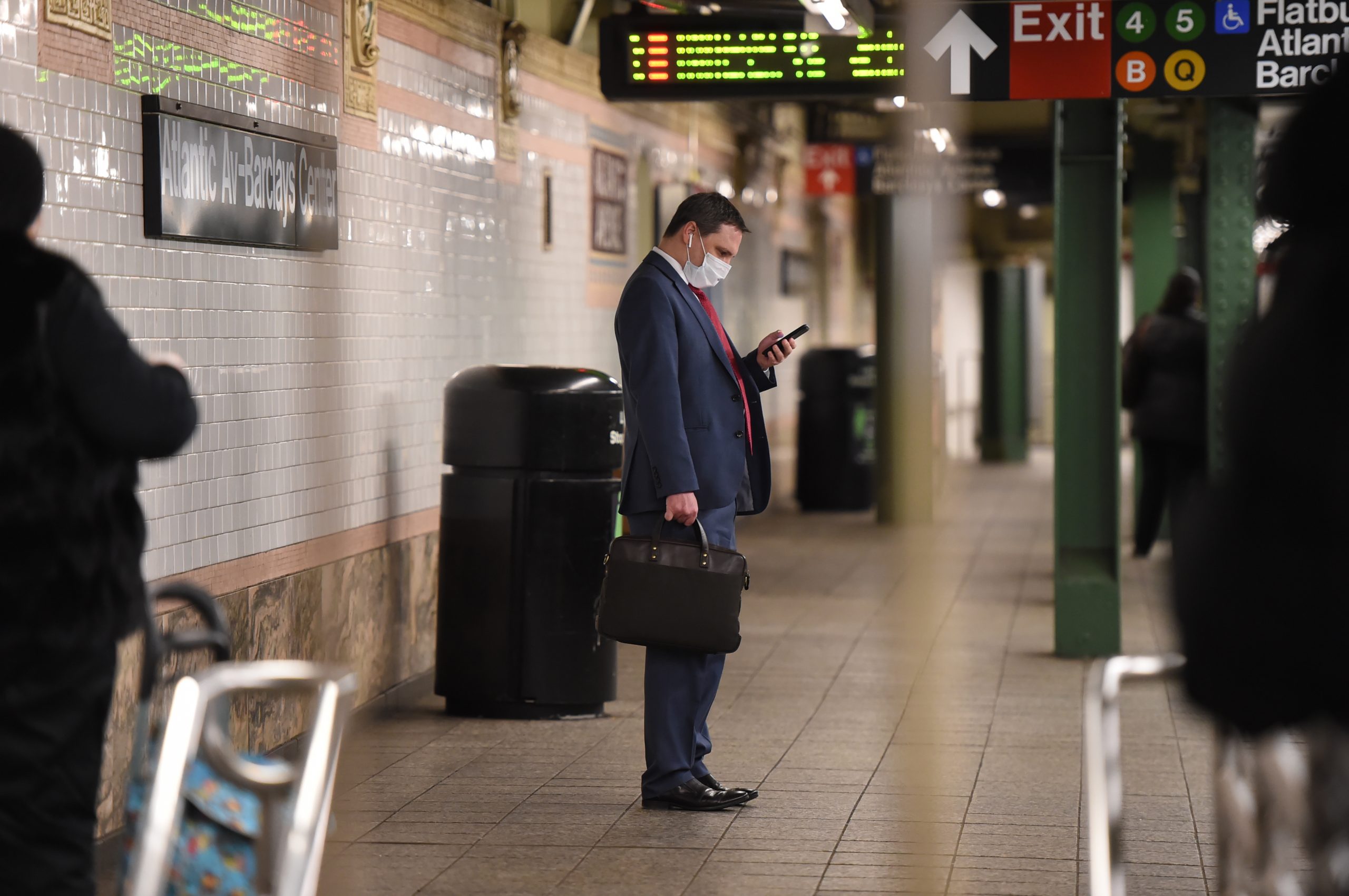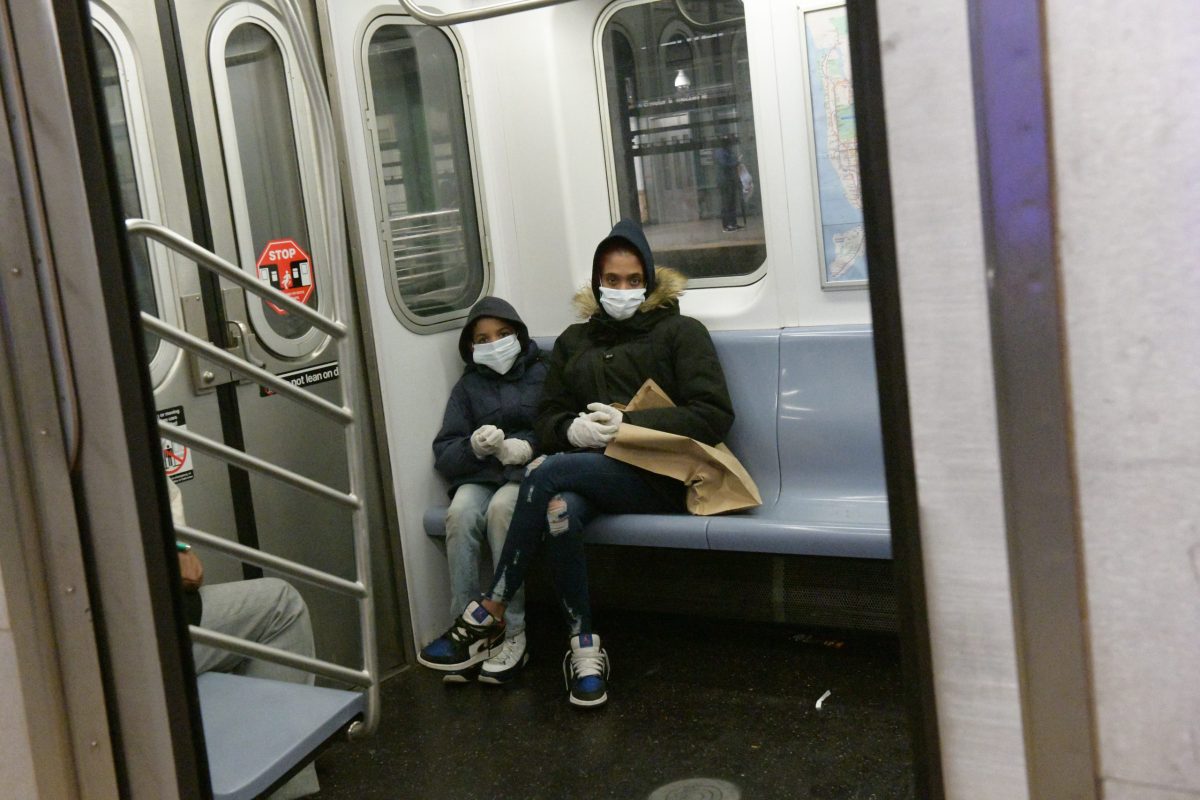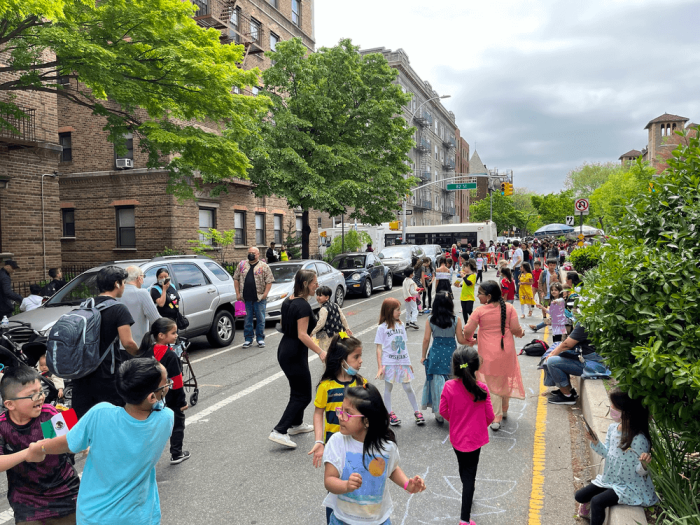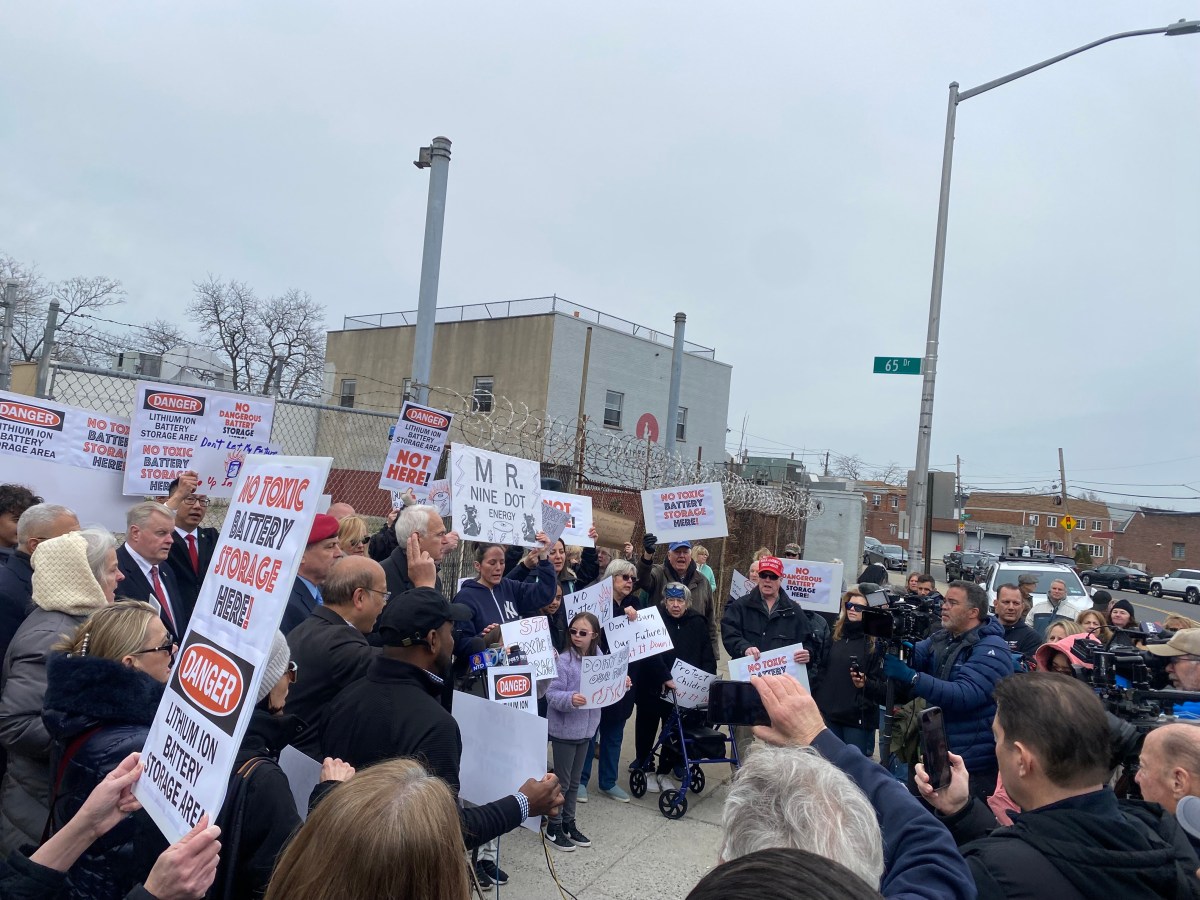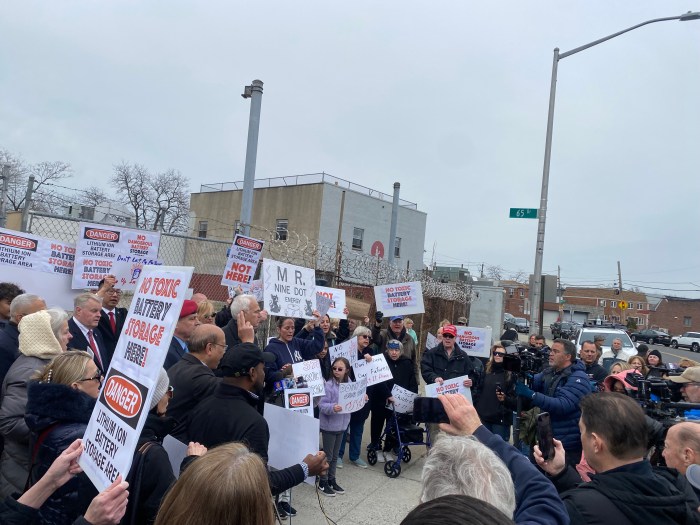Advocates who analyzed ridership data said Wednesday the MTA would need much more than the $3.8 billion that had been made available in the federal CARES Act stimulus package.
If the region’s transit system is to survive the “existential” threat of COVID-19, the feds could need between $4.4 and $8 billion in the pipeline as revenue shortfalls become a reality for the MTA with ridership at a fraction of what it was before the crisis set in.
According to the TransitCenter, the MTA only received 15% of transit funding from the stimulus despite contributing to 38% public transportation trips in the country and having a “unique” reliance on subways, buses and trains. The organization and its allies are calling on congress to come up with additional funds and approve the state’s congestion pricing plan.
“For New York, the COVID-19 pandemic is a bigger emergency than Superstorm Sandy and the Great Recession rolled into one. This is an existential moment for public transit, the lifeblood of New York,” Nick Sifuentes, Executive Director of Tri-State Transportation Campaign said. “Our buses and subways are doing the critical work of carrying doctors, nurses, janitorial staff, grocery workers, delivery people—all the essential workforce that allows residents to shelter in place and stop the spread of coronavirus. If transit falters, the results will be catastrophic.”
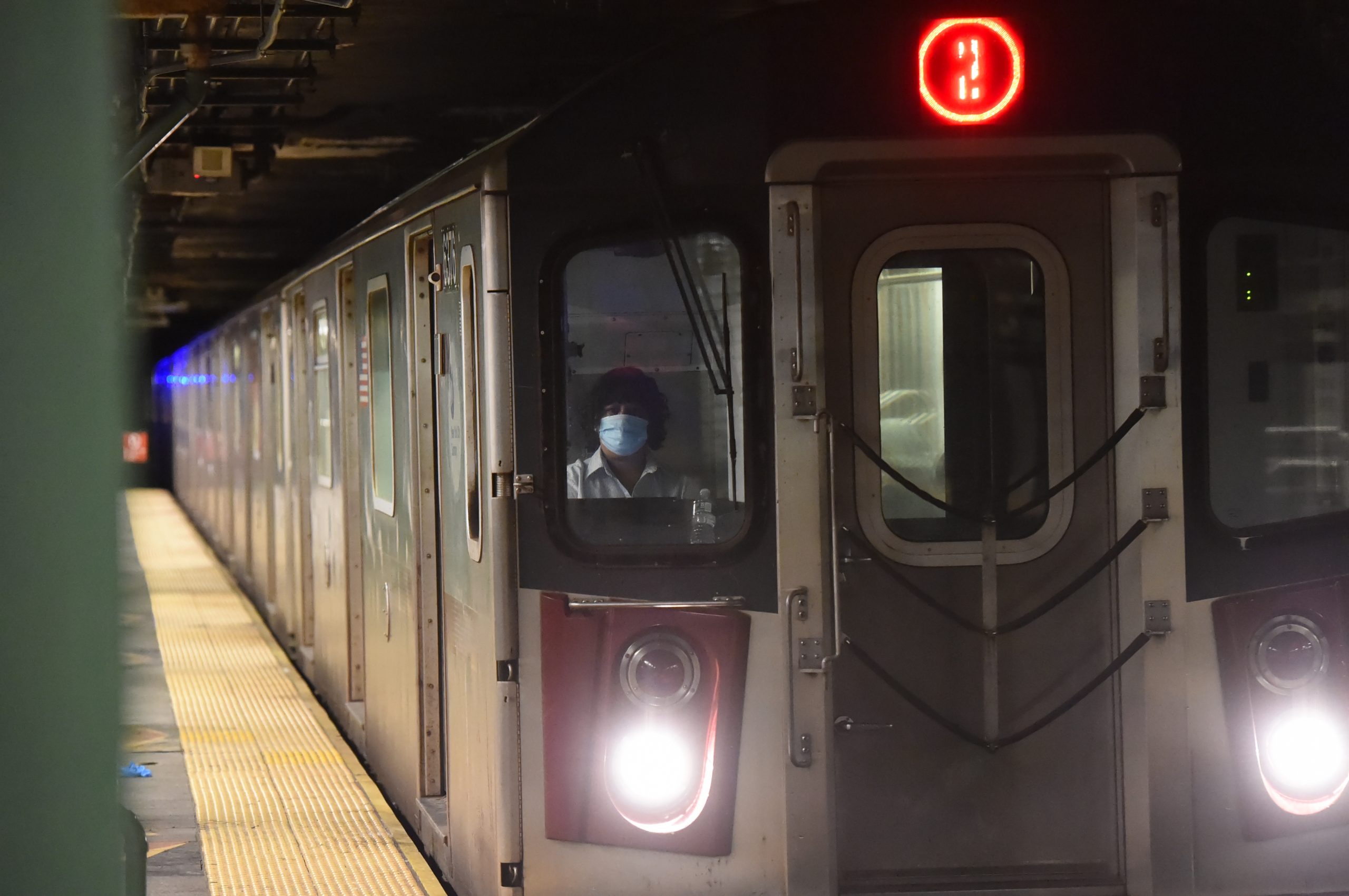
The estimate produced by the TransitCenter is the revenue shortfall after the MTA receives the $3.8 in federal aid.
The MTA’s initial estimates of loss were consistent with this take with MTA Chair Pat Foye telling the public in March that it planned to reduce service by 30% across subways and buses in the face of the “largest liquidity crisis ever.” Ridership took hits early on in the crisis dropping as low as 93% on subways and buses.
“One million essential public transit riders depend on the MTA’s subways and buses to get to work to defeat the pandemic. All other funding sources are tapped out,” Riders Alliance policy director Danny Pearlstein said. “All eyes are Congress. New York’s representatives in Washington must deliver a fair transit aid package acknowledging the key role New York subways and buses play in New Yorkers’ lives and the nation’s economy.”
Projections from the advocates say this estimates project losses over a 12-month period, while the MTA’s initial call to congress was based on six months of revenue loss.
The MTA did not immediately respond to a request for comment from amNewYork Metro. This story will be updated with additional commentary.
